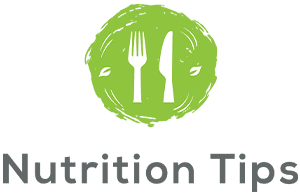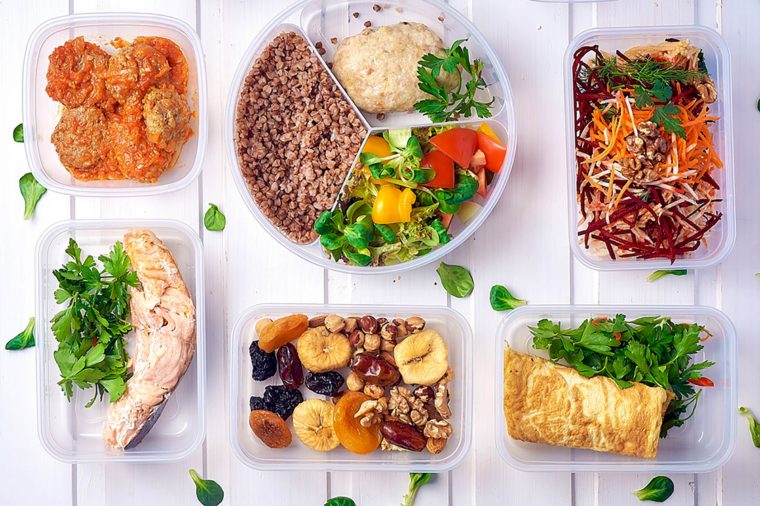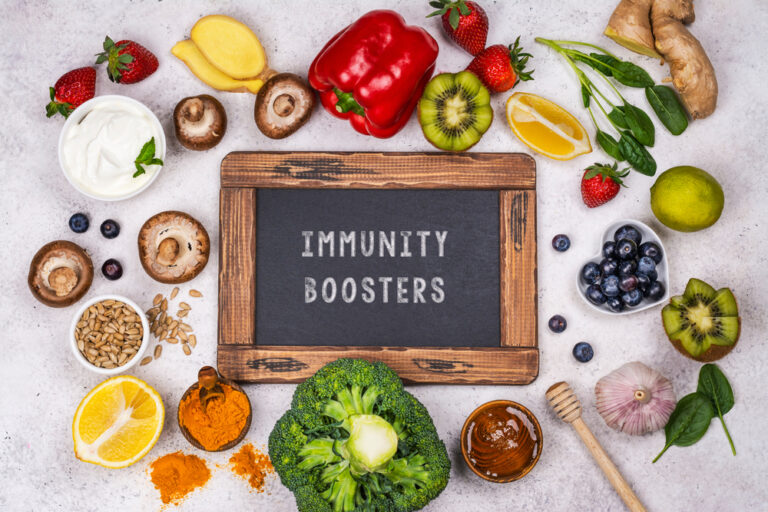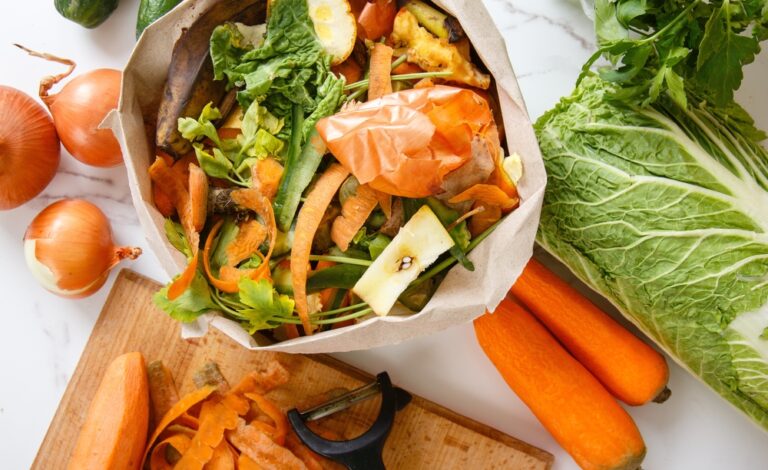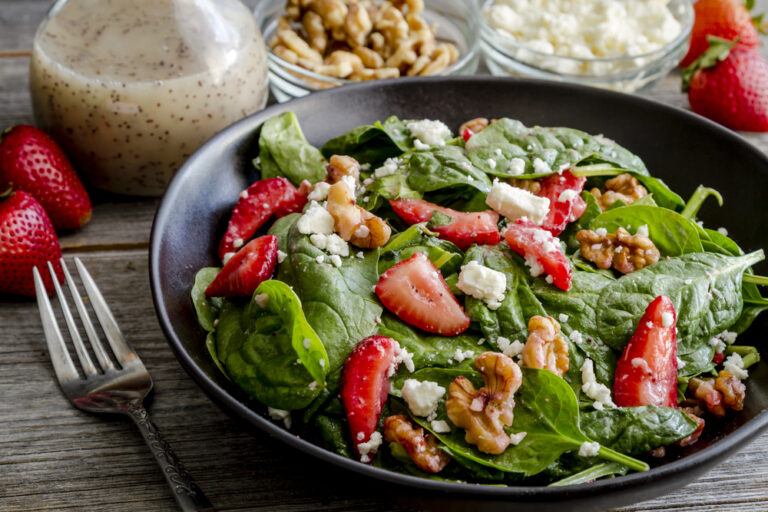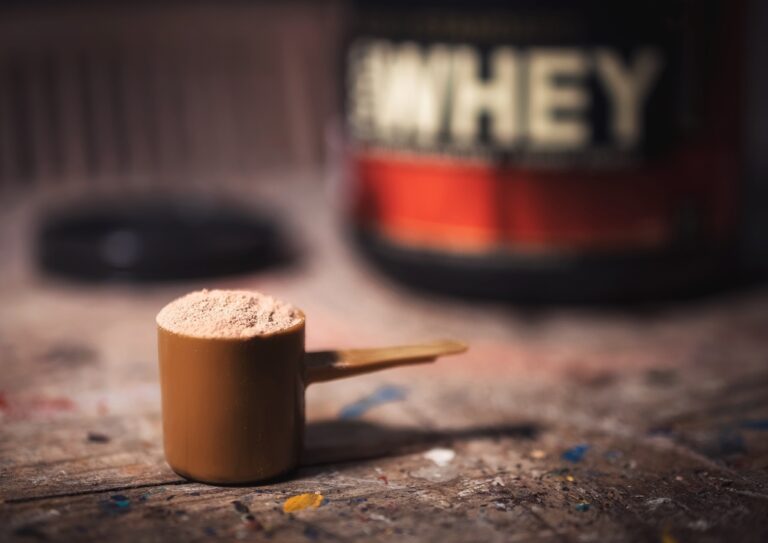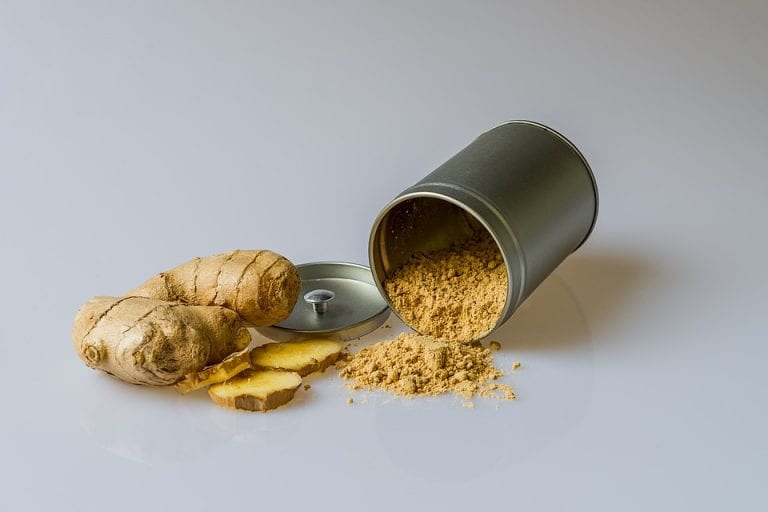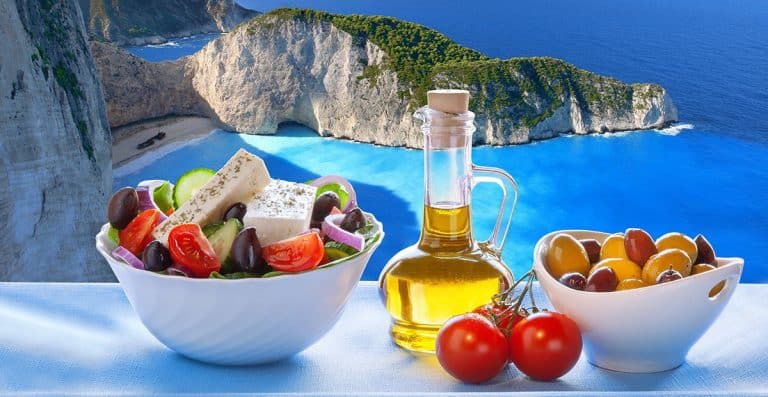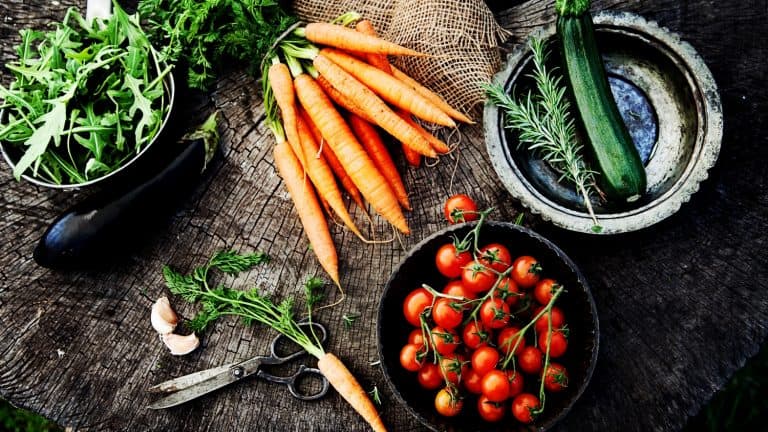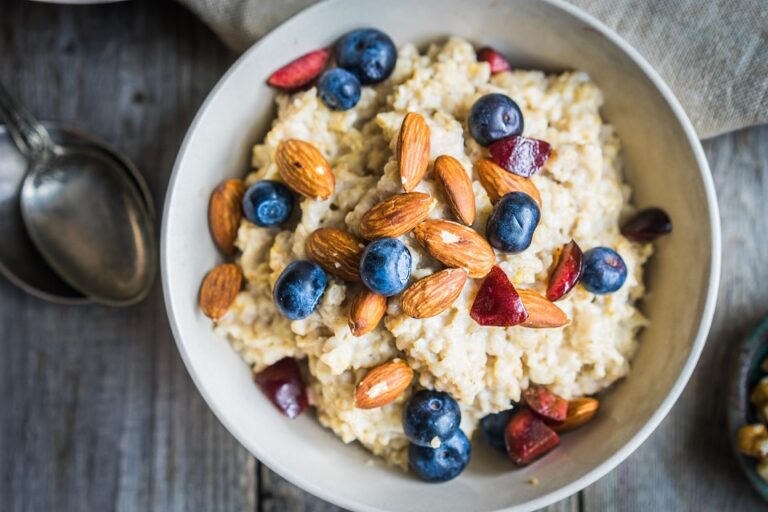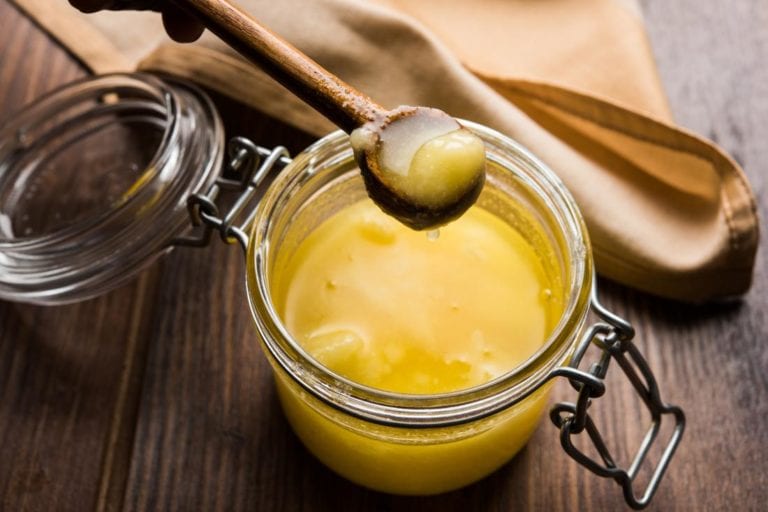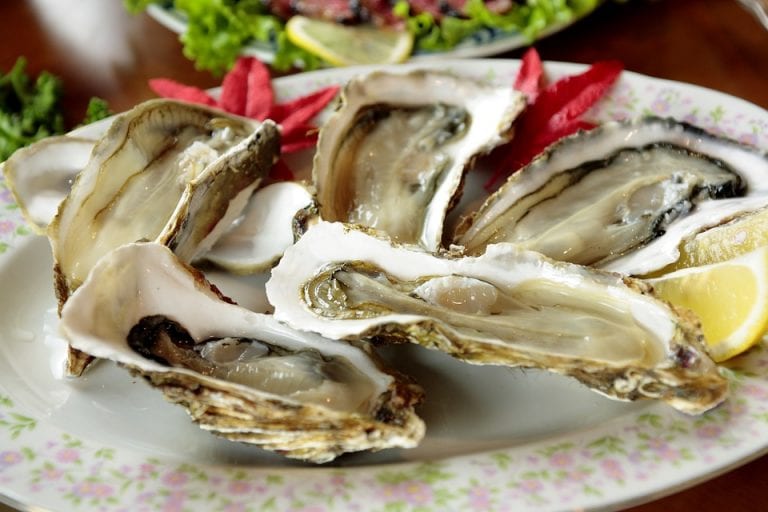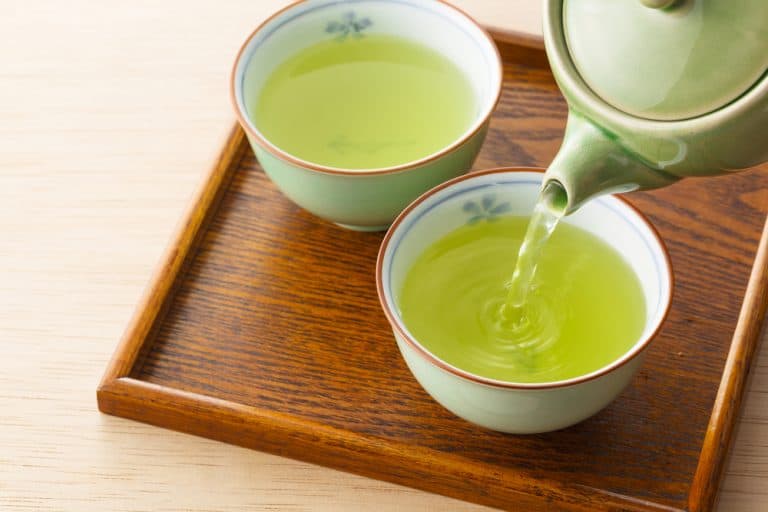
Vitamin C is one of the most varied and highly valued vitamins available. It’s been linked to such a wide range of health benefits, and it occurs in many foods. So how much should you have daily? You can safely absorb up to 2,000 mg of vitamin C, but you don’t need that much to reap the benefits. Adult women only need around 75 mg a day.
Fulfilling this quota is incredibly easy. Just one orange has about 100mg of vitamin C, which is 130 percent of that daily recommended intake. But oranges aren’t your only source of this vital nutrient. Whether you are just looking to mix up your diet or aren’t a fan of the classic fruit, these 10 foods have more than enough vitamin C to meet the daily recommendation.
- Strawberries: Just a cup of this fruit will get you about 90mg of vitamin C, which is 100% of your daily value. So it only takes a small dose of this delicious fruit to get your immunity where it needs to be. They’ve also been linked to healthy heart function, so there’s double the reason for eating them.
- Chili Peppers: While the red variety is the more famous one, the green chili peppers contain more vitamin C. Simply one green chili pepper gives you about 120 percent of your daily recommended amount.
- Lychees: This one clocks in at around 150 percent of the daily recommended value. They aren’t one of the most commonly eaten fruits, at least in the US. Plus, their strange look can be daunting if you spot them at the grocery store but don’t be afraid. These peculiar little guys are a potent source of vitamin C, so keep these in mind.
- Broccoli: Guess our moms knew what they were talking about on this one! Broccoli doesn’t pop up in our brain when we think of vitamin C. But vegetables like broccoli and cauliflower can be a great source of vitamin C too. Just half a cup of broccoli, cooked, gives you more than 50 percent of the daily recommended value.
- Kiwi: These fuzzy little fruits may be small, but they pack quite the punch when it comes to vitamin C. Only one kiwi contains almost 80 percent of the daily recommended value. Kiwis have also been shown to help with immunity and stress, likely because they’re loaded with antioxidants.
- Cherries: Supercharged with vitamin C, Just a single half-cup serving of red cherries can give you over nine times the recommended daily value. They’re a delicious treat that you can enjoy without guilt, knowing that you’re boosting your immunity with a potent dose of vitamin C.
- Papayas: Just a cup of papayas will get you close to 100 percent of the daily recommended amount. Papayas have also been shown to help with inflammation and oxidative stress. A common theme with many fruits listed here is anti-inflammatory properties.
- Brussels Sprouts: You may have run away from brussels sprouts as a kid, but it turns out your parents were right about this savory vegetable too. Brussels sprouts are packed with vitamins, like vitamin A, K, and of course, vitamin C.
- Kale: There are many reasons to love this superfood, besides the fact that it’s Beyoncé’s favorite. It’s also packed with vitamin C. A cup and a half of kale have 120mg of vitamin C. That’s a great reason to add kale salad to your meals.
- Pineapple: If you like piña coladas, then you’re probably getting enough vitamin C. This tropical fruit has 114mg of vitamin C per one and a half cups. You can even buy it frozen and add it to your smoothies.
The bottom line is that Vitamin C is a powerful antioxidant readily available in tons of fruits and veggies, not just oranges. And while it may not help cure a cold, as is commonly thought to be the case, it can boost your immune system and help your body fight infection. It’s also a great vitamin to load up on after a workout because its anti-inflammatory properties can help decrease muscle inflammation.
You may have thought lemons, oranges, and other citrus fruits were the best and only ways to get vitamin C into your diet. And while it’s true that these fruits are a great source, there are OTHER ways you can incorporate vitamin C into your diet if you’re Not about the citrus life. Include some of these foods in your next week’s meal plan. Your immune system will thank you for it!

